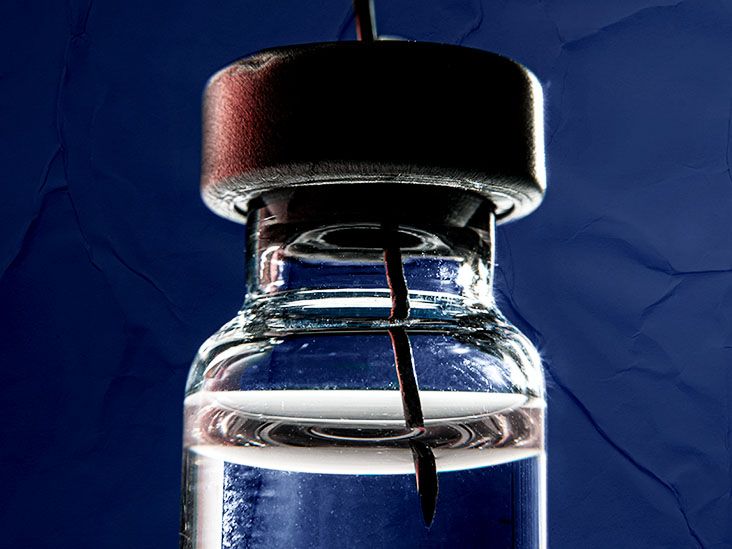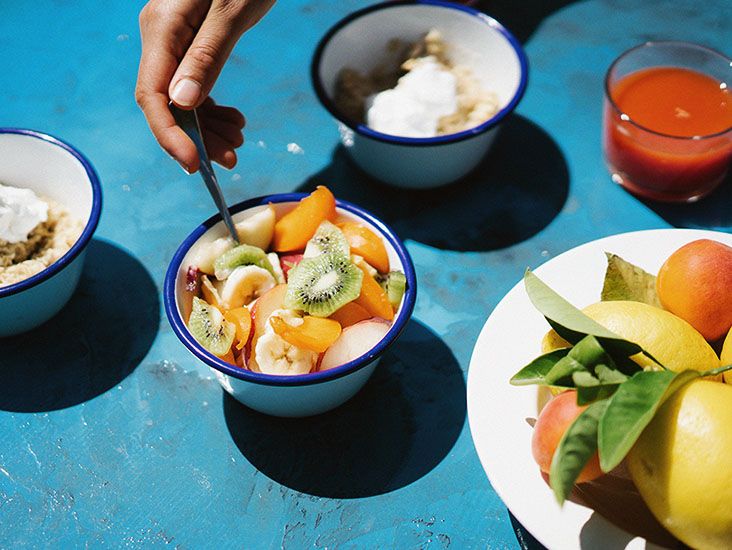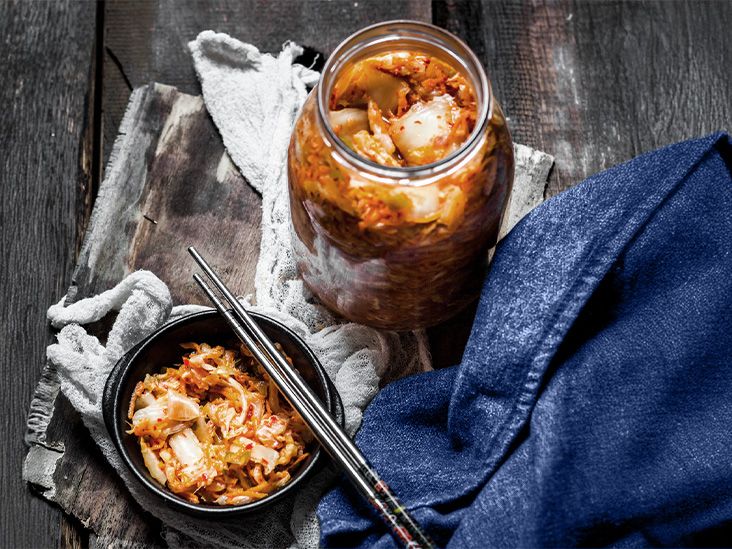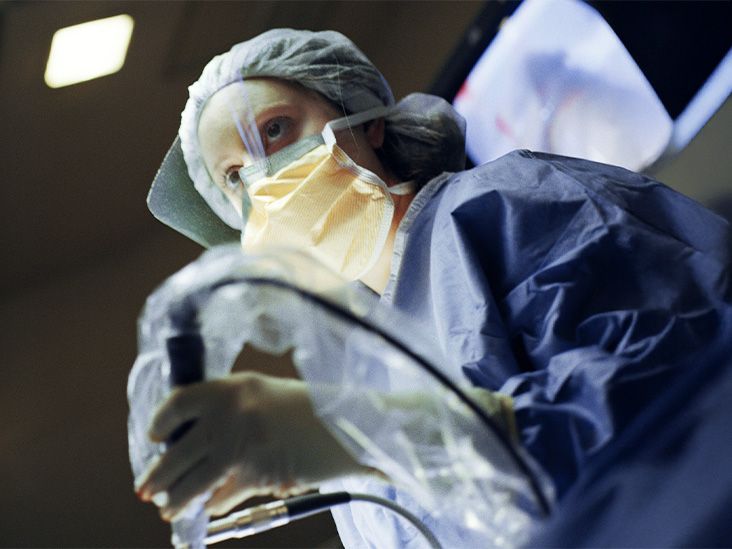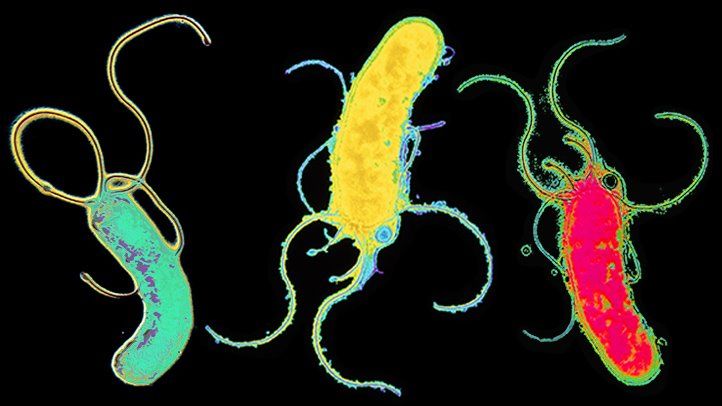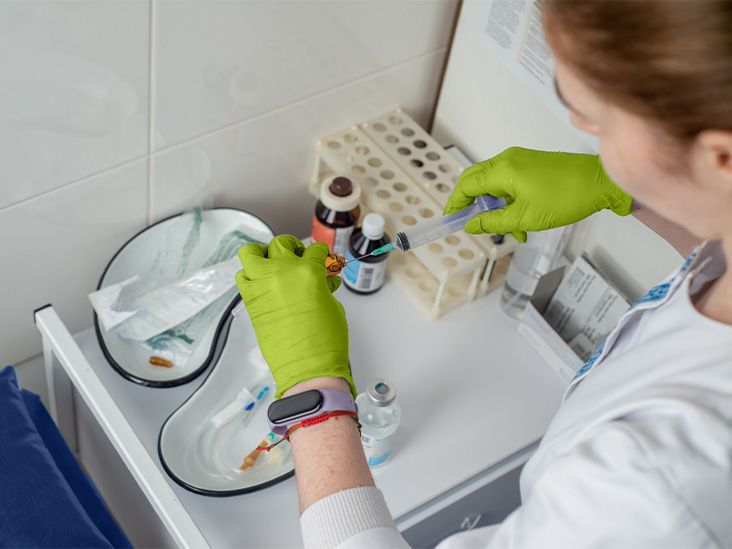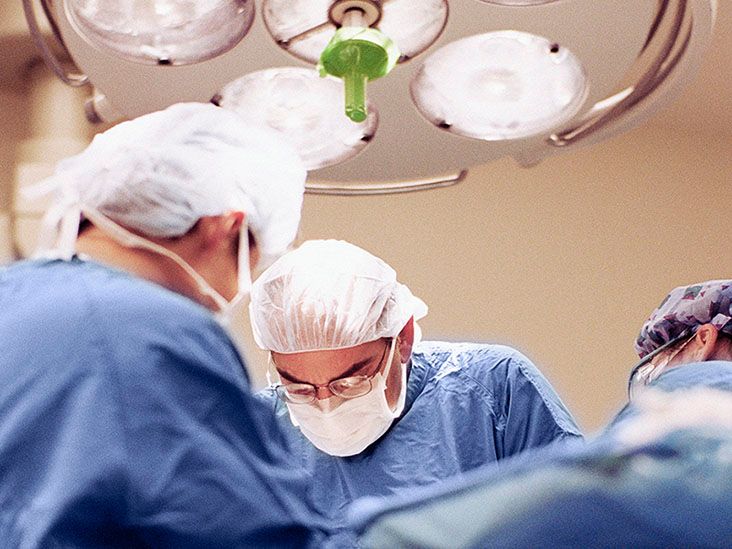At first I thought a littletummy upset was nothing until I saw the numbers: stomach cancer is the 5th most common cancer worldwide. The good news? Small, everyday choices can lower your risk and keep your stomach happy.
Below is a quickread guide that answers the most common questions about stomach cancer prevention diet, weight, smoking,H.pylori, medications, and what to do if you're in a highrisk group. Let's dive in, friendtofriend.
Understand Your Risks
What actually raises the odds of stomach cancer?
Most of the big risk drivers are things we can change: a chronic H.pylori infection, smoking, heavy alcohol use, obesity, and a diet heavy in salty or processed meats. Genetics, age, and where you were born also matter, but they're the part we can't control.
Which risks can't be changed, and how do we manage them?
Age, sex, family history, and ethnicity are nonmodifiable. That doesn't mean you're doomed, though. If you belong to a highrisk group, regular endoscopic screening or genetic counseling can catch problems early.
Quickcheck: Am I in a highrisk group?
| Question | Answer (Yes/No) |
|---|---|
| Are you older than 60? | |
| Do you have a close family member with stomach cancer? | |
| Have you ever tested positive for H.pylori? |
If you answered "yes" to any of these, talk to your doctor about a personalized surveillance plan.
Lifestyle Choices
Weight & Physical Activity
Keeping a bodymass index (BMI) under 25 cuts risk by up to 30% according to the American Cancer Society. Aim for at least 150minutes of moderate cardio each week think brisk walking, cycling, or dancing in the living room. Pair it with a couple of strengthtraining sessions and you've got a solid defense.
30Day "StayFit" Plan
- Week 12: Walk 30minutes, 5 days a week.
- Week 34: Add a 20minute bodyweight circuit twice a week.
- Every day: Drink a glass of water before meals to curb overeating.
Eating Patterns That Protect the Stomach
A diet rich in fruits, vegetables, and whole grains is your stomach's best friend. Citrus, broccoli, carrots, and berries bring antioxidants that fight inflammation. On the flip side, limit red and processed meats, salty pickles, and smoked foods they're linked to higher gastriccancer rates.
Sample Grocery List & Simple Recipe
- Fresh oranges, lemons, berries
- Broccoli, carrots, leafy greens
- Wholegrain quinoa or brown rice
- Lean poultry or legumes
Try a "CitrusBerry Smoothie": blend a handful of spinach, a cup of frozen berries, the juice of one orange, and a splash of almond milk. It's bright, tasty, and packed with protective nutrients.
Alcohol Moderation
More than two drinks a day bumps the stomachcancer risk noticeably. If you enjoy a drink, try swapping one evening a week for sparkling water with a splash of fruit juice you'll still get the fizz without the extra risk.
Smoking Cessation
Smoking can raise stomachcancer odds by 60% in men and 20% in women (National Cancer Institute). Quitting isn't easy, but nicotinereplacement therapy, phone counseling, and setting a quit date can make a huge difference.
My Story: Why I Quit
When my teenage niece asked why I stopped smoking, I told her: "I want my stomach to be around for her birthdays." The first week was rough, but after three months the cravings faded, and my mornings felt brighter. If you're thinking about quitting, know you're not alone millions have done it, and you can too.
Managing Stress & Sleep
Chronic stress often pushes us toward unhealthy snacks or tobacco. Aim for 79hours of sleep nightly; a rested body makes better food choices and keeps the immune system sharp.
Medical Interventions
Testing & Treating H.pylori
H.pylori infection is a top culprit in gastriccancer development. If you have indigestion, frequent nausea, or a family history, ask your doctor for a breath, stool, or blood test. A standard tripletherapy regimen (two antibiotics + a protonpump inhibitor) can eradicate the bug in about 90% of cases.
Decision Tree: Do I Need H.pylori Testing?
- Do you have persistent stomach pain? Yes Test.
- Do you live in a region with high infection rates? Yes Test.
- No clear symptoms? Consider a onetime screen if risk factors exist.
Aspirin & NSAID Use
Lowdose aspirin may lower stomachcancer risk slightly, but it also raises bleeding risk. If you already take aspirin for heart health, keep it; otherwise, discuss alternatives with your doctor.
ProtonPump Inhibitor (PPI) Caution
Longterm PPI use after H.pylori treatment has been linked to a modest increase in cancer risk (Cancer.Net). Use the lowest effective dose, and only when you truly need it antacids or dietary changes can work for mild heartburn.
Genetic Counseling for Hereditary Syndromes
If you have a known CDH1, Lynch, or FAP mutation, a genetics professional can guide you through predictive testing, regular endoscopies, or even prophylactic gastrectomy in extreme cases. Early detection in these families dramatically improves outcomes.
Checklist for a Genetics Referral
- Family history of stomach or colorectal cancer before age 50.
- Known mutation in CDH1, MLH1, MSH2, APC, or other highrisk genes.
- Personal history of multiple gastric polyps.
Personal Blueprint
Daily "StomachSmart" Routine
Picture this: you wake up, drink a glass of water with a squeeze of lemon, have a breakfast bowl of oatmeal topped with berries, walk briskly for 30minutes, skip smoking, and enjoy a balanced lunch of quinoa, roasted veggies, and grilled chicken. Small habits stack up, creating a robust shield against cancer.
Quarterly SelfAudit
| Quarter | Weight/BMI | Physical Activity | Diet Highlights | Smoking/Alcohol | H.pylori Status |
|---|---|---|---|---|---|
| Q1 | |||||
| Q2 | |||||
| Q3 | |||||
| Q4 |
Fill it in each season you'll see patterns, celebrate wins, and adjust where needed.
When to See Your Doctor
- New or worsening abdominal pain.
- Persistent heartburn that doesn't improve with lifestyle changes.
- Unexplained weight loss.
- Updates to family history or genetic test results.
Quick FAQs (FeaturedSnippet Friendly)
Can I totally prevent stomach cancer? No single method guarantees protection, but a healthy weight, no smoking, limited alcohol, a diet rich in fruits/veggies, and treating H.pylori can significantly lower your risk.
How much does smoking raise my risk? About 60% higher in men and 20% higher in women compared with nonsmokers (American Cancer Society).
Is aspirin worth taking for prevention? It may modestly reduce risk, but the bleeding danger often outweighs benefits unless you already need aspirin for heart health.
What foods should I eat more of? Fresh citrus fruits, plenty of vegetables, whole grains, and lowsalt preparations; limit processed/red meats and salty/smoked foods.
Should my whole family get screened? Only families with hereditary syndromes (CDH1, Lynch, etc.) need genetic counseling and regular endoscopic surveillance.
Conclusion
Stomach cancer may feel out of sight, but most of the biggest risk factors are within your control. By keeping a healthy weight, staying active, eating a colorful, lowsalt diet, quitting tobacco, limiting alcohol, and getting tested (and treated) for H.pylori, you can dramatically reduce your odds of developing this disease. If you have a family history or belong to a highrisk group, talk to a gastroenterologist or genetics counselor about personalized screening. Start with one tiny change today your stomach (and future self) will thank you.
What step will you try first? Share your thoughts in the comments, or ask any questions you have. We're all in this together.
FAQs
What lifestyle changes can help prevent stomach cancer?
Maintaining a healthy weight, exercising regularly, eating a diet rich in fruits, vegetables and whole grains, limiting salty and processed meats, avoiding tobacco, moderating alcohol, and treating H. pylori infection are the most effective lifestyle measures.
How does H. pylori infection increase stomach cancer risk?
H. pylori causes chronic inflammation and damage to the stomach lining, which can lead to precancerous changes and, over many years, increase the likelihood of developing gastric cancer.
Is there a recommended screening test for high‑risk individuals?
People with a strong family history, known genetic mutations (e.g., CDH1, Lynch), or previous H. pylori infection should consider regular upper‑GI endoscopy with biopsies, as advised by a gastroenterologist.
Can taking aspirin reduce the chance of getting stomach cancer?
Low‑dose aspirin may slightly lower risk, but it also raises the chance of stomach bleeding. It should only be used for cancer prevention if you already need it for heart health and after consulting your doctor.
How much does quitting smoking lower my stomach cancer risk?
Quitting smoking can reduce the increased risk by up to 60 % in men and 20 % in women over time, bringing your risk closer to that of never‑smokers.
Disclaimer: This article is for informational purposes only and does not constitute medical advice. Always consult with a healthcare professional before starting any new treatment regimen.
Related Coverage
Compare stomach cancer vs ulcer symptoms, causes, tests and treatments, and spot red‑flag signs that require urgent attention....
Get insights on how immunotherapy for stomach cancer works, who benefits most, side effects, and key questions for your oncologist....
Stomach cancer treatment options, risks, and recovery tips explained in plain language—helping you ask the right questions now....
Simple steps—maintain weight, eat more veggies, quit smoking, limit alcohol, test for H. pylori to prevent stomach cancer....
Get essential info on esophageal and stomach cancer symptoms, risk factors, diagnosis, and treatment options to help you stay informed and prepared....
Is there a real connection between kimchi stomach cancer risk? Get the facts on fermented food safety and what you can do to stay healthy....
Get insight into what doctors see during a stomach cancer endoscopy, why the images matter, and how detection can save lives....
Stomach cancer quizzes boost public knowledge on risk factors, symptoms, prevention and facts. Interactive quizzes empower early detection and care seeking....
Subcutaneous immunotherapy for GI cancer offers a convenient alternative to IV treatment. Find out how it works and who it’s for....
Gastrectomy surgery reshapes digestion; learn types, recovery timeline, diet tips, and supplements for a healthier post‑op life....

